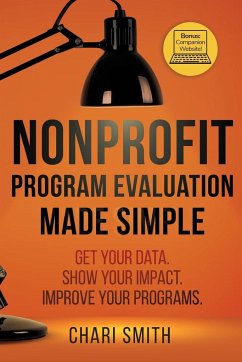
Diagnosing Organizations
Methods, Models, and Processes
Herausgeber: Harrison, Michael I.

PAYBACK Punkte
74 °P sammeln!
How can organizations handle the opportunities and threats posed by rapidly changing markets and external conditions? How can they improve their overall effectiveness? The Third Edition of Diagnosing Organizations contains up-to-date treatments of techniques and models for diagnosing how organizations deal with challenges like these. The book also shows how consultants and applied researchers can help managers find ways to enhance organizational effectiveness. The completely revised edition of this best-selling book presents the latest techniques for gathering and analyzing diagnostic data. It...
How can organizations handle the opportunities and threats posed by rapidly changing markets and external conditions? How can they improve their overall effectiveness? The Third Edition of Diagnosing Organizations contains up-to-date treatments of techniques and models for diagnosing how organizations deal with challenges like these. The book also shows how consultants and applied researchers can help managers find ways to enhance organizational effectiveness. The completely revised edition of this best-selling book presents the latest techniques for gathering and analyzing diagnostic data. It also covers models and methods for diagnosing organizational designs, everyday practices, fits among organizational components, organizational politics, and power relations. Ethical and political dilemmas of consulting and diagnosis are also explored. The book retains its original coverage of the process of working with members of a client organization to plan and administer a diagnostic study and communicate its results.














